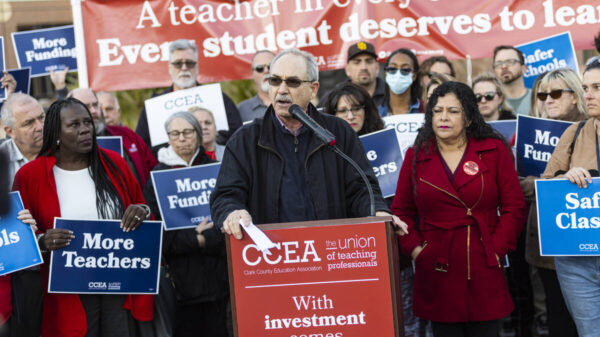BREAKING: Santa Cruz, California has just been confirmed as the nation’s most unaffordable housing market for the third consecutive year, according to the latest data from the National Low-Income Housing Coalition (NLIHC). Renting a modest two-bedroom apartment now demands an astonishing annual income exceeding $168,000, underscoring a deepening affordability crisis that affects countless residents.
This urgent report, titled 2025 Out of Reach, reveals the alarming reality for families and individuals seeking housing in Santa Cruz. The city has consistently topped the NLIHC’s list, highlighting a dire situation where many are pushed out of the market due to exorbitant rental costs.
As of now, residents are grappling with the implications of this crisis, with wages failing to keep pace with the rising costs of living. The average rent for a two-bedroom apartment has skyrocketed, effectively shutting out low- and middle-income earners from securing stable housing. This dramatic increase not only affects the housing market but also places immense pressure on local communities.
Why It Matters: The situation in Santa Cruz is a stark reminder of a broader national trend regarding housing affordability. With more people than ever struggling to find affordable options, this report sheds light on the urgent need for policy changes and housing assistance programs that can help alleviate this crisis.
In a statement, officials from the NLIHC emphasized that “the lack of affordable housing in Santa Cruz reflects a systemic issue that requires immediate attention.” They called for increased investment in affordable housing solutions to combat this escalating crisis.
The implications of the Santa Cruz housing market extend beyond financial strain; the community’s fabric is at stake. Long-term residents are at risk of displacement, contributing to a growing sense of instability among families who have called Santa Cruz home for generations.
Looking ahead, experts urge policymakers to act swiftly. They recommend exploring innovative housing strategies, including zoning reforms and increased funding for affordable housing projects. The call to action is clear: without immediate intervention, the affordability crisis in Santa Cruz could worsen, impacting future generations.
This developing story highlights the urgent need for discussion around housing policies, and the impact on real people is undeniable. As Santa Cruz grapples with these challenges, the eyes of the nation are on them, awaiting solutions to a crisis that affects us all.
Stay tuned for updates on this critical situation as officials and community leaders work to find effective solutions. The need for action has never been more pressing.







































































